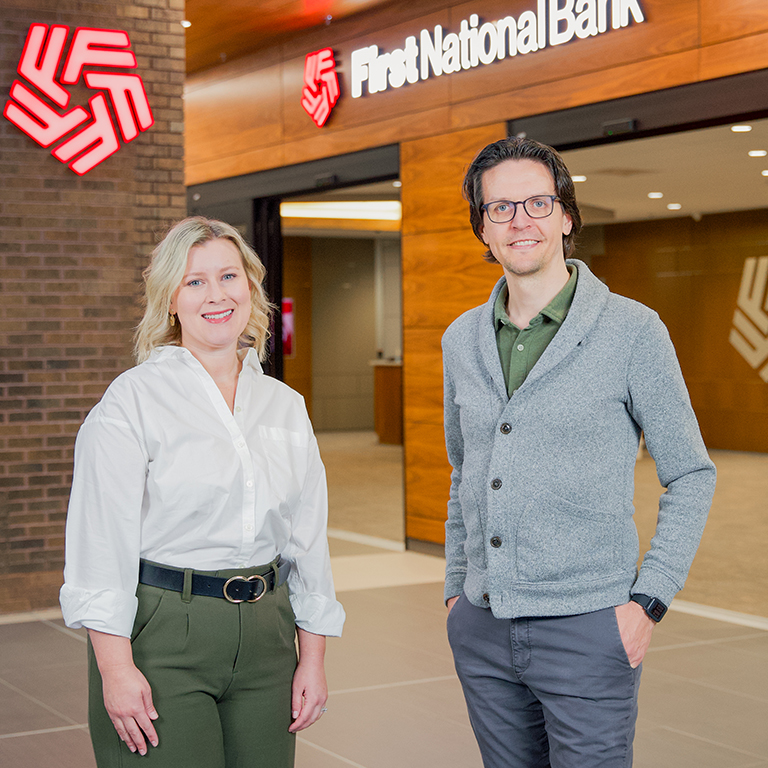This piece is part of a three-part series on money considerations for graduates. Read about money considerations for high school graduates attending college, or stay tuned for money considerations for college graduates.
Entering the workforce after high school can be a financially smart decision, especially considering the total average student loan debt balance in the United States is around $40,274, according to EducationData.org.
While many of your high school classmates are heading to campus right about now, you’ll be avoiding the large amounts of student loan debt they might find themselves under while also getting a head start on accumulating wealth.
To help you figure out what to do with your newfound income, we sat down with Kyle Aspaas, our Harrisburg Branch Manager, to get his money tips for high school graduates entering the workforce.
Set priorities
When you start accumulating wealth, the first thing you need to do is get your priorities straight.
You might be itching to buy your dream car right away, but that’s not always the best decision.
Instead, you should practice delayed gratification with your money until you figure out what you want most out of life.
“Is getting to the point where you can have your own lake house important? Think about how much you need to save to make that happen,” Kyle said. “If your goal is to retire at age 50, think about what it’s going to take to do that.”
If your priority is to buy your dream car, well, that’s okay too — as long as it fits into your budget. The most important thing is that you know what your goals are and what sacrifices you need to make to reach them, and then that you follow through on that.
Save for retirement
We know, we know. It seems ridiculous and maybe even pointless to start saving for retirement at 18 years old.
But remember what we said before about retiring early? Well, the sooner you start saving for retirement, the more time your money has to grow — which means you could potentially retire at 50 if that’s your goal.
And even if your priority isn’t to retire early, retiring should still be a priority. Period.
So, contributing just 3–5% of your paycheck to start off will have made a major difference by the time you’re ready to retire (at whatever age that may be).
We even have a short, 11-minute podcast episode that breaks this down for you. Check it out below:
Buy a house
According to Kyle, one of the best investments you can make is to buy a house.
The sooner you can get out of that apartment or your parents’ basement and into your own home, the better.
“Every monthly mortgage payment goes toward a house that you own, whereas rent is just going to your landlord,” Kyle said. “You’re not building equity if you’re just renting.”
Plus, who doesn’t want to post that “new homeowner” flex on Instagram or TikTok? Here’s how you can make it happen:
- Start saving for a down payment ASAP.
- Know your numbers by trying out these mortgage calculators.
- Get pre-qualified so you know your budget.
- Begin your home-buying journey!
Have a backup plan
It’s okay if you find out that you’re not quite ready for the workforce or if you realize you want a career in something that requires a degree, as long as you have a backup plan to achieve those new goals.
You might want to consider setting money aside in case you do decide to go to college someday; that way, you’ll have a head start on tuition costs and save yourself from taking on so much debt.
Kyle would be happy to help you with your backup plan or any other financial goals. Reach out to him!


